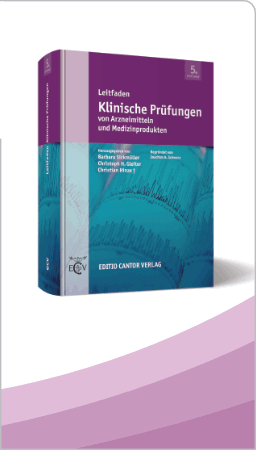Sicherung der Qualität von kühlpflichtigen Arzneimitteln Elisabeth Adams1, Herbert Plagge1, Christian Surber2, Stefanie Deuster1 1 Universitätsspital Basel, Spital-Pharmazie, Basel (Schweiz) Correspondence: Dr. rer. nat. Herbert Plagge, Universitätsspital Basel, Spital-Pharmazie, Spitalstr. 26, 4031 Basel (Schweiz); e-mail: hplagge@uhbs.ch There are lots of processes in the distribution of refrigerated drugs prior to administration to the patient. They have an influence on the quality, efficacy and safety. Therefore, in the distribution chain the steps shipping and storage were verified and optimised. The shipment from the hospital pharmacy to its customers has been analysed, optimised and subsequently validated. The validated transport boxes keep the temperature conditions 2–8 °C over a period of at least one hour. The procedure of distribution from the hospital pharmacy to the customers agrees with the internal criteria of the hospital pharmacy and ensures continuous drug quality. Key words Arzneimittel • Kühlschrank • Kühltransport • Lagerungsbedingung • Qualitätssicherung |
|
|
pharmind 2010, Nr. 1, Seite 159




